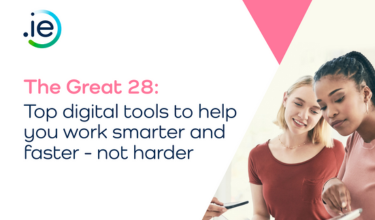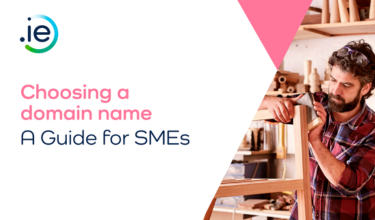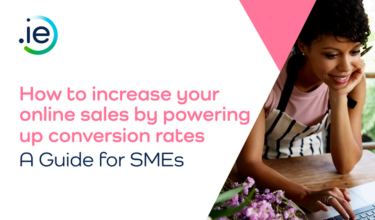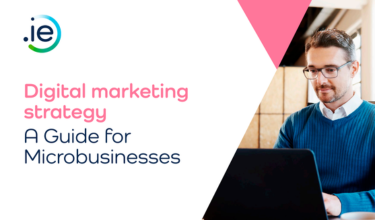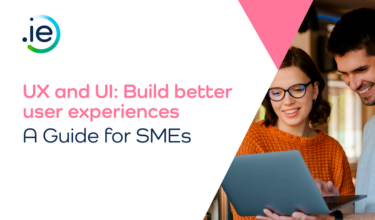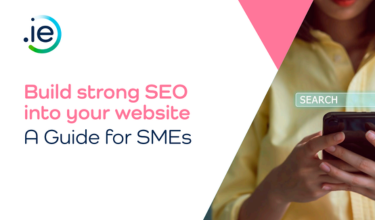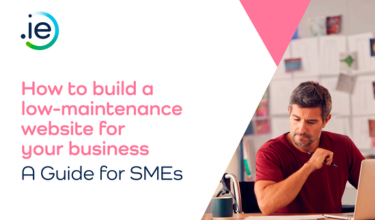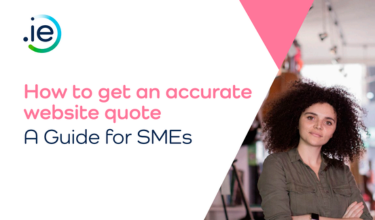NEW: Designing Your Digital Legacy: Plan for the Future Now
What happens to your online self after death? In today’s digital-first, social media driven world, it’s incredibly common for someone’s entire life to be stored on a device, cloud storage servers and on various social media accounts.
This online presence, as well as all the data you leave behind – on your computer, laptop, phone and online – upon your passing is known as your “digital legacy.”

NEW: Top digital tools to help you work smarter and faster - not harder
Our latest e-book is now ready to access and download. In today’s digital world, your business can benefit enormously from the vast array of online tools at your disposal, boosting your efficiency and productivity.
In this e-book, we’ve selected some of the best options to give you top 28 tools to help you work smarter and grow faster.
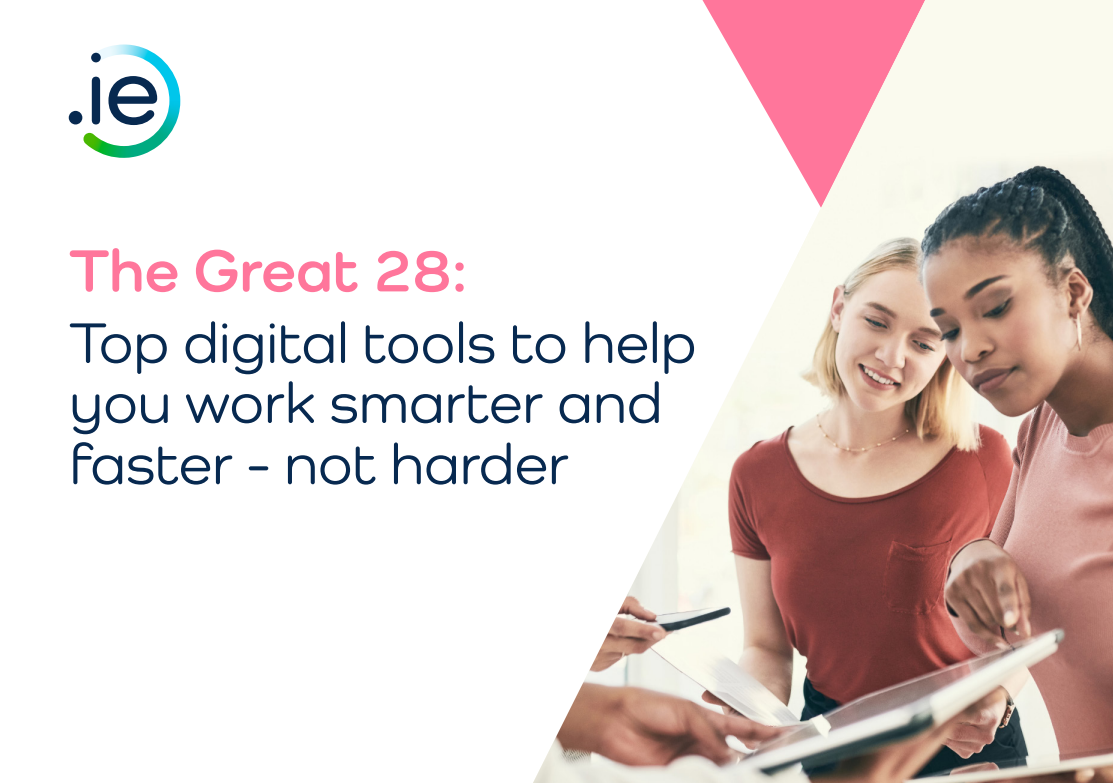
E-Book Collection
Access and download all our e-books, designed to enhance the online presence of SMEs.
For additional reading, check out our SME Start and SME Evolve pages which offer practical insights and business supports.

